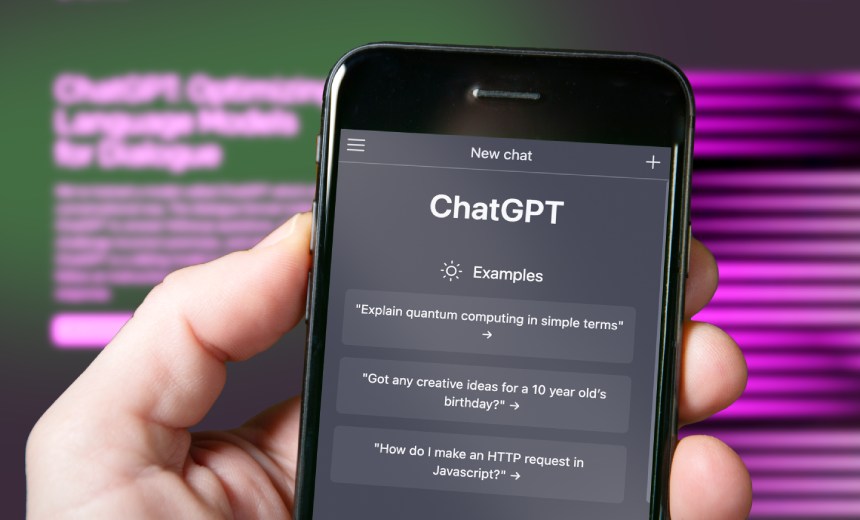Italy is the first Western nation to prohibit the advanced chatbot ChatGPT.
The Italian data protection authority expressed concerns about the model, which was developed by the US start-up OpenAI and is supported by Microsoft.
The regulator stated that it would ban and probe OpenAI “immediately.”
ChatGPT & Italy concern
ChatGPT has been used by millions of individuals since its inception in November 2022.
It can respond to queries in natural, human-like language and mimic other writing styles, using the internet as it was in 2021 as its database.
Microsoft has invested billions of dollars on it, and it was recently added to Bing.
It has also stated that it will incorporate a form of the technology into its Office applications, such as Word, Excel, and PowerPoint & Outlook.
Concerns have been raised about the possible risks of artificial intelligence (AI), including job loss and the spread of misinformation and bias.
Earlier this week, key figures in technology, including Elon Musk, called for the suspension of these types of AI systems, citing concerns that the race to create them was out of control.
The Italian data protection authority stated that it would not only block OpenAI’s chatbot, but would also examine whether it complied with the General Data Protection Regulation.
GDPR governs how we can use, process, and keep personal data. On March 20, the watchdog announced that the app had suffered a data breach involving user conversations and payment details.
It said there was no legal basis to justify “the mass collection and storage of personal data for the purpose of ‘training’ the algorithms underlying the operation of the platform”.
It also said that since there was no way to verify the age of users, the app “exposes minors to absolutely unsuitable answers compared to their degree of development and awareness”.
Because of the same concerns, Google’s rival artificial-intelligence chatbot, Bard, is now accessible, but only to specific users over the age of 18.
The Italian data-protection authority said OpenAI had 20 days to respond to the watchdog’s concerns or face a fine of €20 million ($21.7 million) or up to 4% of yearly revenues.
In other news, the Irish data protection commission, which is responsible for upholding individuals’ fundamental right to have their personal data protected in the EU, told the BBC that it is following up with the Italian regulator to understand the basis for their action and “will coordinate with all EU data protection authorities” in relation to the ban.
The UK’s independent data regulator, the Information Commissioner’s Office, told that it would “support” AI advances but would also “challenge non-compliance” with data protection laws.
According to Dan Morgan of cybersecurity ratings firm SecurityScorecard, the ban emphasises the importance of regulatory compliance for businesses operating in Europe.
“Businesses must prioritise the protection of personal data and comply with the stringent data protection regulations set by the EU – compliance with regulations is not an optional extra.”
‘Inadequately controlled’
Following the filing of a complaint in the US, consumer advocacy organisation BEUC has called on EU and national authorities, including data-protection watchdogs, to investigate ChatGPT and similar chatbots.
Although the EU is presently working on the world’s first AI legislation, BEUC is concerned that it will take years for the AI Act to take effect, putting consumers at risk from an unregulated technology.
BEUC assistant director general Ursula Pachl warned that society is “currently not protected sufficiently from the harm” that AI can cause.
A number of nations, including China, Iran, North Korea, and Russia, have already blocked ChatGPT.
“There are serious concerns growing about how ChatGPT and similar chatbots might deceive and manipulate people. These AI systems need greater public scrutiny, and public authorities must reassert control over them,” she said.
To read our blog on “Leak of ChatGPT conversation histories confirmed by OpenAI,” click here
